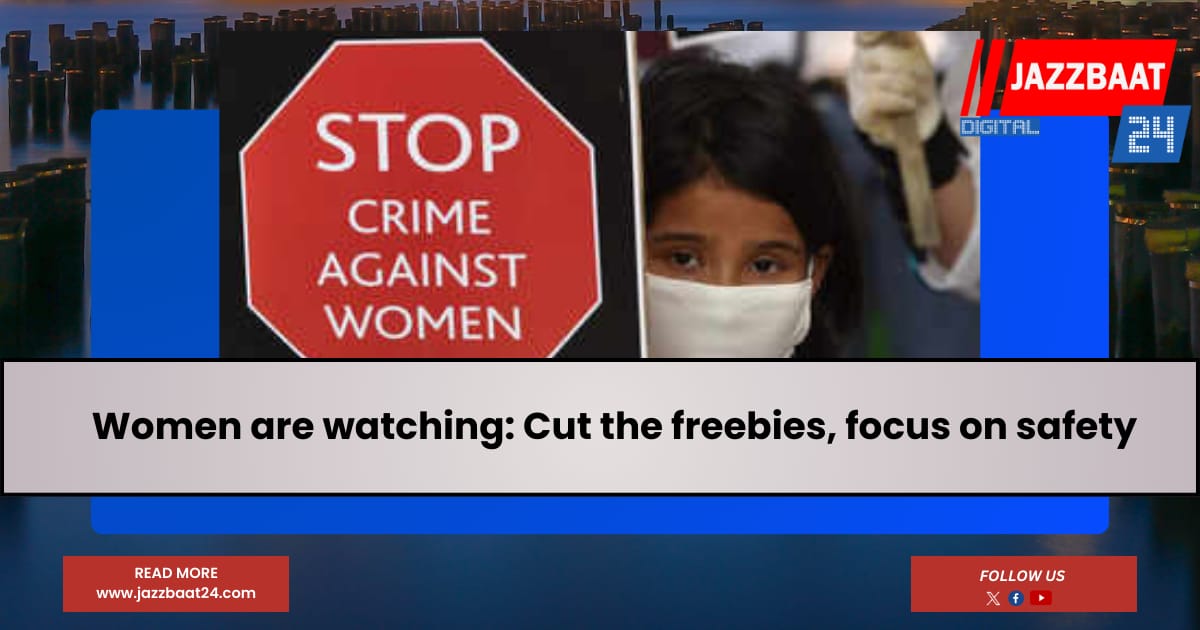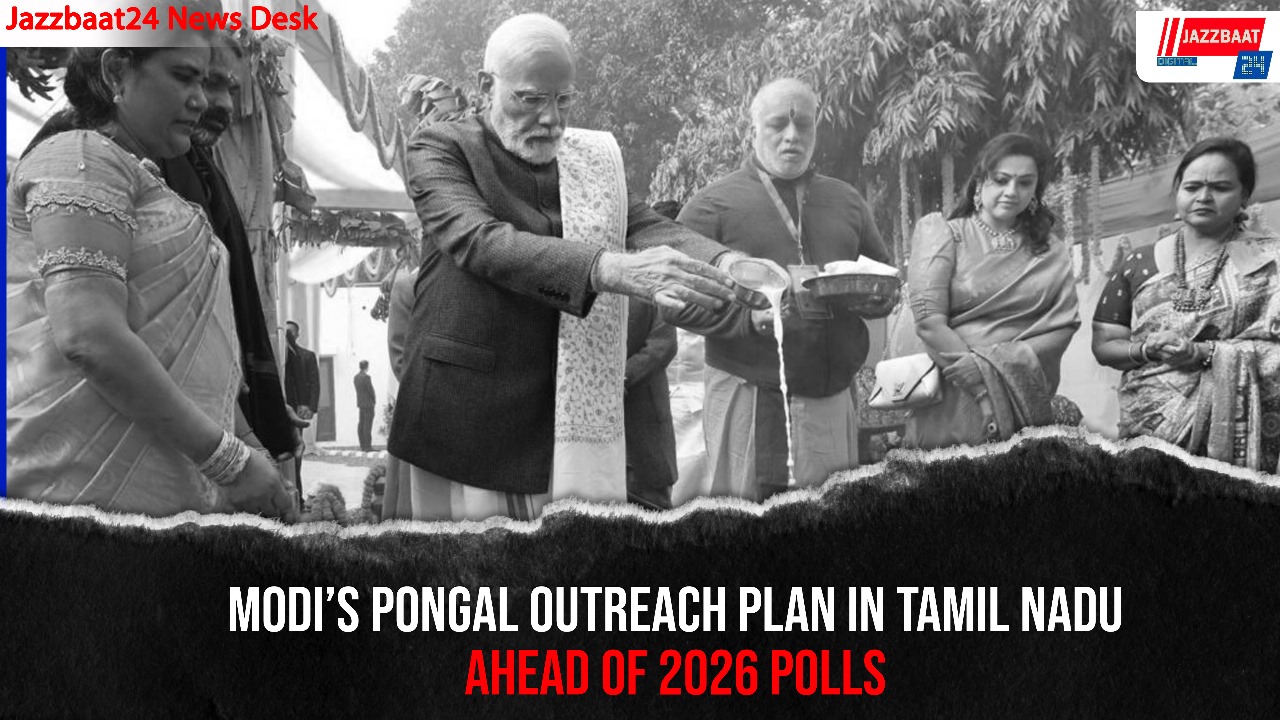As concerns over women's safety continue to escalate, there is a resounding call for authorities to prioritize tangible measures aimed at ensuring the safety and security of women. The sentiment among women across various strata of society is clear: it's time to move beyond superficial gestures and focus on concrete actions that address the root causes of insecurity and vulnerability.
In recent years, there has been a proliferation of schemes and initiatives offering freebies and incentives to women, ostensibly aimed at empowering them and enhancing their socio-economic status. While these efforts are well-intentioned, many argue that they fall short of addressing the pervasive issue of safety, which remains a primary concern for women in both urban and rural areas.
The stark reality is that women continue to face myriad threats to their safety and well-being, ranging from harassment and violence to discrimination and lack of access to essential services. Despite the existence of laws and policies designed to safeguard women's rights, implementation remains a significant challenge, leaving many women vulnerable and marginalized.
Against this backdrop, there is a growing chorus of voices demanding a shift in priorities, with a renewed emphasis on measures aimed at enhancing women's safety and security. This includes investment in infrastructure such as well-lit streets, safe public transportation, and accessible public spaces, as well as robust law enforcement mechanisms to ensure swift and effective response to incidents of violence and harassment.
Moreover, there is a pressing need for comprehensive gender sensitization and awareness programs aimed at fostering a culture of respect and equality. By challenging entrenched patriarchal attitudes and stereotypes, society can create an environment where women feel empowered to assert their rights and navigate public spaces without fear or apprehension.
The call to cut the freebies and focus on safety is not just a demand for better governance; it is a rallying cry for social justice and gender equality. It is a recognition of the inherent dignity and worth of every woman, and a commitment to creating a society where her safety and well-being are non-negotiable priorities.
As women continue to assert their agency and demand accountability from those in power, policymakers and authorities are urged to listen and respond to their concerns with urgency and sincerity. The time for token gestures and empty promises is over; what women need and deserve are concrete actions that address the root causes of insecurity and ensure their fundamental right to safety and dignity.
In conclusion, the message is clear: women are watching, and they demand action. It's time to cut the freebies and focus on safety, to prioritize the well-being and security of women above all else. Only then can we truly claim to be a society that values and respects the rights of all its members, regardless of gender.





